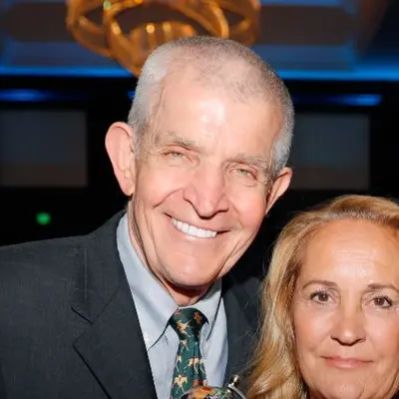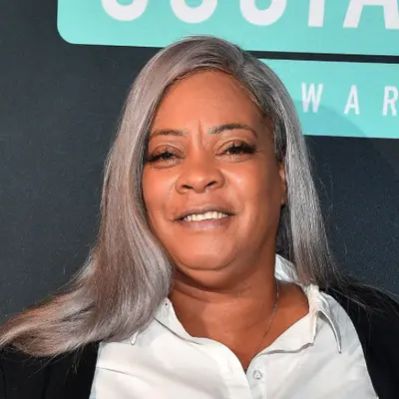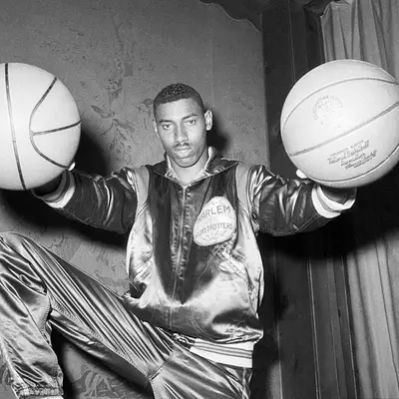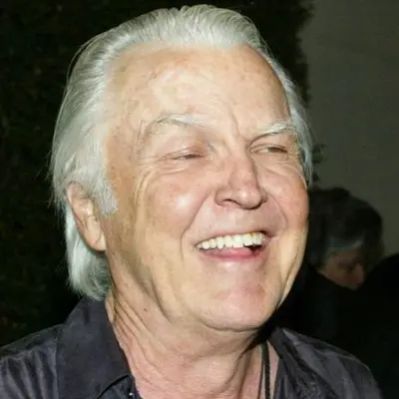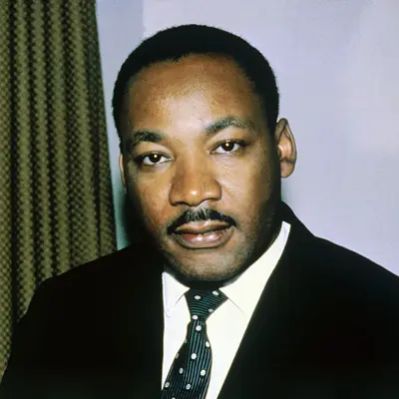What Is Ahmet Ertegun’s Net Worth?
Ahmet Ertegun, the Turkish-born American businessman, record executive, and songwriter, had a substantial impact on the music industry. At the time of his death in 2006, Ahmet Ertegun’s net worth was estimated to be $300 million. This substantial wealth was largely derived from his co-founding and leadership of Atlantic Records, as well as strategic investments in art and real estate.
Atlantic Records and Financial Milestones
In 1947, Ahmet Ertegun, along with Herb Abramson, established Atlantic Records with the financial assistance of Dr. Vahdi Sabit, Ertegun’s family dentist. The initial investment helped launch a label that would become synonymous with rhythm and blues, jazz, and gospel music. The label’s early years saw numerous unsuccessful releases until Stick McGhee’s “Drinkin’ Wine, Spo-Dee-O-Dee” became their first hit in 1949. This success marked the beginning of Atlantic’s rise to prominence.
Throughout the 1950s, Atlantic Records signed artists such as Ruth Brown, the Drifters, the Clovers, Big Joe Turner, and Ray Charles. Atlantic Records became a leading R&B label, setting new standards for high-quality recordings with the help of recording engineer and producer Tom Dowd. In 1957, Atlantic became the first record company to utilize an 8-track tape machine, enhancing its production capabilities.
A pivotal moment in Ahmet Ertegun’s financial journey occurred in 1967 when he and Jerry Wexler sold Atlantic Records to Warner Bros.-Seven Arts for $17 million. Adjusting for inflation, this is equivalent to approximately $130 million today. This sale provided Ertegun with a significant capital influx, which he strategically invested in modern art and real estate, further augmenting his wealth.
Beyond his role as a record executive, Ahmet Ertegun was a prolific songwriter. Under the alias A. Nugetre, he penned hits such as “Chains of Love,” popularized by Pat Boone, and “Mess Around,” one of Ray Charles’s early successes. He also wrote “Ting a Ling” and “Middle of the Night” for the Clovers, as well as “Fool, Fool, Fool,” which became a hit for Kay Starr. Other notable songs written by Ertegun include “Whatcha Gonna Do” by the Drifters, “Heartbreaker” by Ray Charles, “Story of My Love” by LaVern Baker, and “Ti-Ri-Lee” by Big Joe Turner. His songwriting contributions added to his income stream and solidified his reputation as a multifaceted figure in the music industry.
In 1958, Ertegun became the president of Atlantic Records after Herb Abramson sold his financial interest in the company. During the 1960s, Atlantic Records continued to thrive through partnerships with local labels, fostering the growth of soul music. The label signed prominent artists such as Otis Redding, Aretha Franklin, Solomon Burke, Ben E. King, and the Rascals. Despite initial reluctance, Ertegun agreed to sell Atlantic to Warner Bros.-Seven Arts in 1967, a decision influenced by his business partner Jerry Wexler.
After the sale, Atlantic became part of the Kinney National Service conglomerate, giving Ertegun considerable power within the organization. He produced successful rock acts such as Led Zeppelin, Yes, Bad Company, Genesis, and Crosby, Stills & Nash, maintaining Atlantic’s relevance across various genres. These ventures not only sustained his influence in the music industry but also contributed to his financial prosperity.
Real Estate and Personal Assets
Ahmet Ertegun’s real estate portfolio was a significant component of his net worth. He owned multiple high-value properties, including a palatial estate in Southampton, New York. Known as the Boatman House, this 11,000-square-foot mansion on 5.5 acres featured 10 bedrooms. In March 2024, Ertegun’s heirs listed this property for sale for $52 million, reflecting its substantial value.
In addition to the Southampton mansion, Ahmet and his wife Mica owned a five-story townhouse in Manhattan, an apartment in Paris, and a summer estate in Turkey. These properties demonstrate the breadth of his real estate investments and their contribution to his overall net worth. Specific addresses for the Manhattan townhouse and Paris apartment are not publicly available, but their locations in prime urban areas suggest significant market value.
Ahmet Ertegun’s art collection was another valuable asset. After his death, his collection was housed at a museum in Naples, Florida, indicating its importance and cultural value. The specific pieces and their individual appraisals are not publicly disclosed, but such a collection likely contained works by renowned artists, adding to the overall estimate of Ahmet Ertegun’s net worth. The decision to house the collection in a museum underscores its significance and the esteem in which Ertegun’s taste was held.
Other Ventures and Contributions
In 1983, Ahmet Ertegun founded the Rock and Roll Hall of Fame, a venture that solidified his legacy in the music industry. Cleveland, Ohio, was chosen as the Hall of Fame’s home, and Ertegun served as its chairman. In 1987, he was inducted into the Hall of Fame, further cementing his status as a pivotal figure in music history. This venture, while not directly contributing to his personal net worth, enhanced his reputation and influence, indirectly benefiting his business endeavors.
Ertegun helped finance the establishment of the nonprofit Rhythm and Blues Foundation in 1988, demonstrating his commitment to preserving and promoting the genre. This foundation supports R&B musicians through grants and educational programs. His involvement reflects his dedication to giving back to the music community and ensuring the legacy of rhythm and blues.
Beyond the music industry, Ahmet Ertegun co-founded the New York Cosmos soccer team with his brother Nesuhi in the late 1970s. In 1972, Warner Communications acquired the team, enabling the signing of international stars such as Pelé, Franz Beckenbauer, and Carlos Alberto Torres. The Cosmos competed in the North American Soccer League until 1984. Although the team and league eventually dissolved, Ertegun’s involvement showcased his diverse interests and business acumen. His ability to attract top talent and secure significant investment highlights his strategic vision.
Ahmet Ertegun chaired the American Turkish Society for over 20 years, fostering relations between the United States and Turkey. He introduced numerous American leaders and artists to Turkey and helped raise over $4 million for Turkey following the 1999 earthquake near Istanbul. In academics, he funded Turkish studies departments at Georgetown University and Princeton University and established the Ahmet Ertegun Memorial Scholarship for music students of Turkish descent at Juilliard. These philanthropic activities highlight his commitment to education, cultural exchange, and humanitarian efforts.
Personal Life and Legacy
Ahmet Ertegun’s personal life, marked by two marriages, included his first marriage to Jan Holm in early 1953, which ended in divorce three years later. He married Mica Grecianu in 1961, and their partnership lasted until his death. The couple’s shared interests in art, music, and culture shaped their social life and contributed to Ertegun’s image as a sophisticated and influential figure.
In October 2006, during a Rolling Stones concert at the Beacon Theatre in New York City, Ertegun tripped and hit his head, resulting in a coma and his subsequent death on December 14. Memorial events were held in his honor, including a benefit tribute concert in London headlined by Led Zeppelin. These tributes reflected the high regard in which he was held by the music community and the breadth of his influence.
 Net Worth Ranker
Net Worth Ranker

